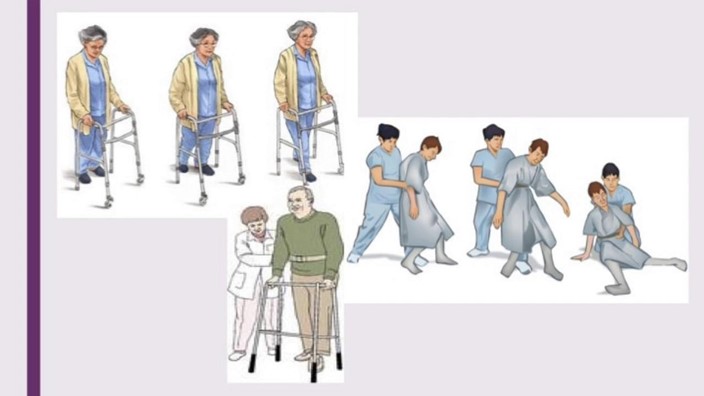After an interdisciplinary team meeting regarding the client's request to die a natural death, the primary healthcare provider refuses to write the do-not-resuscitate instructions. Which action should the nurse take?
Facilitate a palliative care meeting with the client and healthcare provider.
Remind the client that new treatments are being developed daily.
Provide the healthcare provider with a copy of the client's bill of rights.
Initiate a review of the situation by the hospital's ethics committee.
The Correct Answer is D
Choice A Reason: This is not the best action because it does not address the conflict between the client and the healthcare provider. The nurse should advocate for the client's wishes and seek a resolution that respects them.
Choice B Reason: This is not an appropriate action because it disregards the client's request and may give false hope. The nurse should respect the client's autonomy and dignity.
Choice C Reason: This is not a sufficient action because it does not ensure that the healthcare provider will comply with the client's request. The nurse should also involve other resources to help resolve the ethical dilemma.
Choice D Reason: This is the best action because it involves an impartial group of experts who can help mediate the situation and protect the client's rights. The nurse should seek ethical consultation when there is a disagreement about end-of-life decisions.
Nursing Test Bank
Naxlex Comprehensive Predictor Exams
Related Questions
Correct Answer is A
Explanation
Choice A Reason: This is the correct answer because the client's vital signs indicate that she is hypovolemic and dehydrated due to the leakage of gastric contents from the anastomosis site. The nurse should replace fluids intravenously to prevent shock and electrolyte imbalance.
Choice B Reason: Recording the amount of daily wound drainage is important but not the most important intervention for this client because it does not address the immediate problem of fluid loss and hypovolemia. The nurse should monitor the wound drainage for signs of infection and report any changes to the physician.
Choice C Reason: Assessing skin condition and turgor for breakdown is important but not the most important intervention for this client because it does not address the immediate problem of fluid loss and hypovolemia. The nurse should assess the skin for signs of dehydration and pressure ulcers and provide appropriate skin care.
Choice D Reason: Turning every 2 hours around the clock from side-to-side is important but not the most important intervention for this client because it does not address the immediate problem of fluid loss and hypovolemia. The nurse should turn the client to prevent complications such as pneumonia and atelectasis but also consider the client's comfort and pain level.

Correct Answer is C
Explanation
Choice A Reason: This client may need another dose of hydromorphone if the pain is not relieved by the previous one. A PN can administer this medication under the supervision of a RN and monitor the client's response.
Choice B Reason: This client's vital signs are within normal limits and indicate that the morphine is effective and not causing respiratory depression. A PN can assess and document the client's vital signs and pain level.
Choice C Reason: This is the correct answer because this client has acute and severe pain that may require immediate intervention and reassessment. An RN can evaluate the cause and severity of the pain, administer additional analgesics as prescribed, and implement nonpharmacological measures to relieve the pain.
Choice D Reason: This client has chronic and stable pain that is managed by a fentanyl patch. A PN can replace the patch according to the schedule and instructions provided by the RN.

Whether you are a student looking to ace your exams or a practicing nurse seeking to enhance your expertise , our nursing education contents will empower you with the confidence and competence to make a difference in the lives of patients and become a respected leader in the healthcare field.
Visit Naxlex, invest in your future and unlock endless possibilities with our unparalleled nursing education contents today
Report Wrong Answer on the Current Question
Do you disagree with the answer? If yes, what is your expected answer? Explain.
Kindly be descriptive with the issue you are facing.
